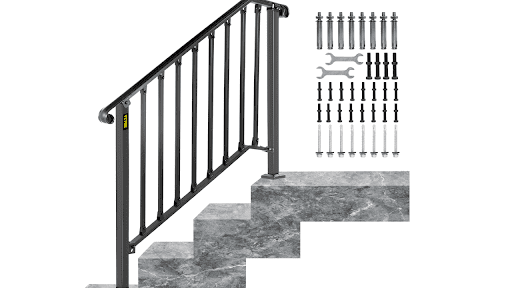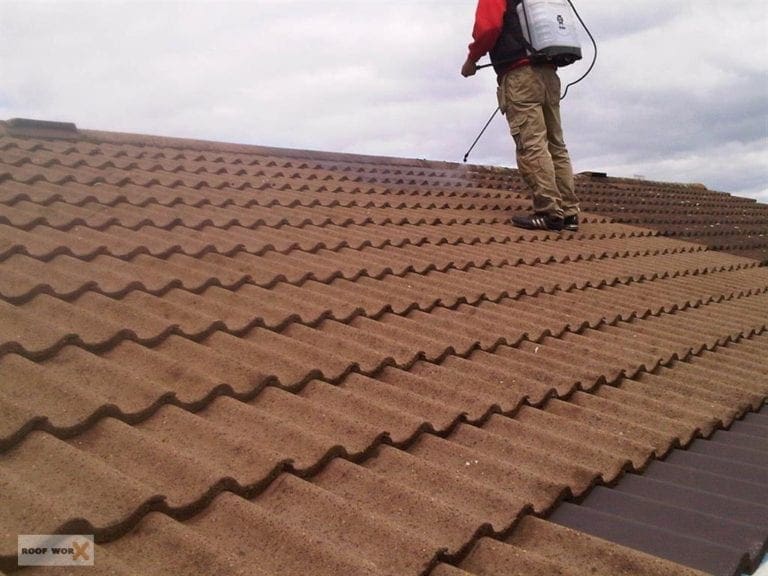7 Costs To Consider Before Tackling a Home Reno Project

One of the major perks of being a homeowner in Kansas (or anywhere else) is the ability to transform your living space just how you want. A home renovation can be an exciting process — but it can also be expensive, and homeowners — especially first-time homeowners — should be careful to consider all the costs involved, some of which may not be so apparent. According to Houzz’s 2034 Renovation Trends report, the median spending for a home renovation project in 2022 was around $22,000. That’s a decent chunk of change — and to make sure the effort and expense is worth it, it’s profitable (literally) to keep a few considerations in mind.
1. Home Loan Costs
Most homeowners in Kansas don’t have $22,000 or so just laying around to spend on home renovation, so they finance their reno projects through loans. This can be a very convenient way to do things, but you’ll have to consider whether you can afford the monthly payments on top of your normal expenditures. It’s especially important to understand the terms and conditions of your loan, especially if you’re considering options like tapping into your home equity. A little diligence goes a long way in terms of avoiding financial stress and potential strain on your bank account.
2. Contractor Costs
Chances are, if you have a big renovation project, you’re not going to be doing everything yourself — you’re going to have contractors do some or all of the renovation. But not every contractor is created equal, and you should know that unexpected circumstances often arise during the process. Unforeseen complications, delays, and even accidents can all cause issues — so try your best to find a reputable contractor who’s known for delivering on time.
3. Cost of Materials
Another expense that can sneak up on you is the cost of materials. Many modern homeowners are embracing things like solar power, sustainable materials, and high-tech components, but those materials can take up a major chunk of your budget. That’s not to say that the extra expense won’t be worth it — but it’s definitely worth taking some extra time and deciding what you can and can’t live without.
4. Building Permits and Inspections
If you’re making structural changes to your home, such as adding a deck, pool, outbuilding, or balcony, you can’t just draw up a plan and get started right away. Those sorts of modifications require building permits and inspections — meaning you’ll have to involve not only the contractors, but the city or county government, who will likely have to make in-person inspections of the property to ensure safety and integrity as far as the project is concerned. This process could take weeks or even months, so you should be prepared for some delays while your project makes its way through the bureaucracy. It’s likely there will also be some fees for these permits and inspections, so be ready to account for that as well.
5. Home Insurance
Bear in mind that renovations can have a long-term effect on your insurance premiums. The good thing about renovations is that they can increase the value of your home, meaning more equity and a larger resale price should you ever decide to pull up stakes and move elsewhere. But while adding things like a home office, theater, or deck can make your home more valuable, that means you may also require more coverage in order to financially protect your home.
In addition, improvements such as swimming pools can also add increased risk to your home environment, which insurers will take into account. A great way to keep higher premiums from hitting your bank account too hard is to shop around and compare home insurance quotes.
6. Unplanned Repairs
One of the big advantages of renovation is it gives you a chance to fix some things around the house that need it — replacing the planks on the deck, for example, or doing some rewiring to prepare for some smart home technology. But it can also be a bit of a double-edged sword. Problems such as water damage, rot, termite damage, or even the dreaded mold issues can show up unexpectedly during the renovation process. While it’s impossible to predict whether these problems will crop up — and how expensive they’ll be to address — it’s something you may want to keep in mind.
7. Utility Costs
Utility costs can be both a short-term and long-term hit to your bank account. Construction work involves the use of a lot of tools and machinery, and depending on how labor-intensive and extensive your renovation is, all that electricity and water consumption could really add up. Renovations such as a pool are also going to take their toll on your utility bills! While this may not be a major blow to your budget, it’s worth taking into account all the same.
Similar Posts:
- Tired of Renovation Nightmares? Be a Smart Homeowner
- 6 Common Mistakes To Avoid When Planning Sidewalk Repair
- Some Tips When it Comes to Renovating Your Home
- Don’t Break the Bank! 5 Easy Home Improvements You Can Do Yourself
- The Family Dream Home: Achieving Your Vision Through Thoughtful Renovations









